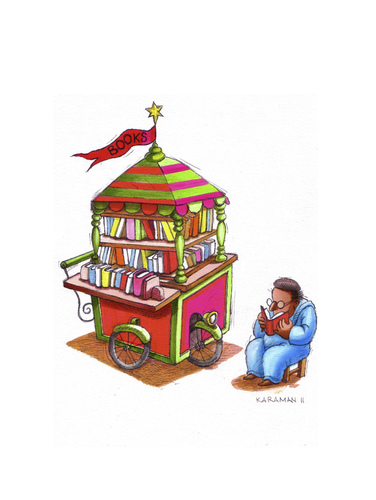
Publishers Go Greedy With Apple
Six of the top publishers have cooperated in order to fix a price for ebooks higher than that of a hard copy – this is regardless of the fact that the cost of making an ebook is less than the cost of a hardback.Wall Street Journal revealed that the price fixing was agreed on at the behest of Steve Jobs, who wanted to open an Amazon style ebook shop but didn’t want to involve discounting that made Amazon that successful. So, Jobs and six publishers have negotiated a new pricing model – they were undoubtedly happy since they felt that this move preserved the value of books and encouraged other businesses to enter the electronic book market.
This deal promises guaranteed profits on best-selling titles for such retailers as Barnes & Noble that today accounts for 27% of the digital books market, along with Amazon. All this offers tremendous profits for the publishers, but not many benefits for consumers.
This new pricing deal among publishers can prevent retailers from discounting electronic books without their permission, while there’s no similar agreement about printed books. Although the stores are still able to cut the price for printed books as much as they want to entice readers to purchase, they will now have to comply with the new, higher prices for e-books set by the copyright owners.
It looks like the publishers decided that people will now pay more money for the benefits of electronic books like portability and convenience. However, this might become the biggest own goal in the history of publishing. Currently the readers are forced to choose between the goods that are more expensive, they have to get mailed to them (but can be kept on shelves), and the goods which are instant but much cheaper. So, if the publishers force readers to pay higher prices for electronic books, they would abandon the idea in droves.
In addition, it’s unclear how copyright owners want to justify the margins in the scam. Currently, a typical book contract pays 3-10% of the final cost to the writer, while the distributor and retailer receive 50-60%, and the publisher gets the rest. While distribution of a printed book was quite expensive, since it required shipping and storage, an ebook costs a fraction of that. It may even be as low as 5% after the distributor takes a cost for delivering the product to the reader. However, the publishers didn’t increase the share of the authors who are still left with contracts. In other words, writers won’t see much money at all.












No comments:
Post a Comment